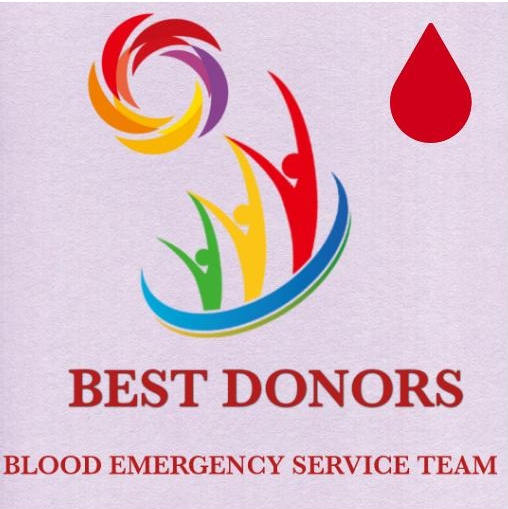Blood donation is a simple and noble act that can save the lives of countless people.
The process of blood donation involves giving a certain amount of blood, usually one pint, which can be used to help patients who have lost blood due to surgery, accidents, or medical conditions.
Despite the importance of blood donation, there is still a shortage of blood in many countries around the world.
In this blog post, we will discuss the benefits of blood donation, who can donate blood, and how to prepare for a blood donation.
Benefits of Blood Donation:
Blood donation is a selfless act that can help save the lives of others.
Every pint of blood that is donated can be used to save up to three lives.
Blood transfusions are needed for many medical procedures, including surgeries, cancer treatments, and organ transplants.
By donating blood, you are saving someones life.
Moreover, donating blood can also have health benefits for the donor.
It can help reduce the risk of heart disease and stroke by lowering blood pressure and reducing the viscosity of blood.
Additionally, regular blood donation can help stimulate the production of new blood cells, which can improve overall health.
Who Can Donate Blood?
Not everyone is eligible to donate blood. Donors must be at least 18 years old and weigh at least 50kgs.
They must also be in good health and not have any infectious diseases.
Donors must also have a hemoglobin level of at least 12.5 g/dL.
People who have had certain medical conditions or surgeries may be ineligible to donate blood.
Additionally, individuals who have recently traveled to certain countries or have engaged in high-risk behaviors may be deferred from donating blood.
How to Prepare for a Blood Donation:
Before donating blood, it is important to prepare yourself physically and mentally.
Make sure you eat a healthy meal and drink plenty of fluids before your donation.
Avoid alcohol and caffeine before your donation, as these can dehydrate you and affect your blood pressure.
On the day of your donation, wear comfortable clothing that allows easy access to your arm. Bring a valid photo ID with you, such as a driver’s license or passport.
It is also a good idea to bring a book or magazine to read during your donation, as well as a snack to eat afterwards.
In conclusion, blood donation is a simple and noble act that can save lives and improve overall health.
If you are eligible to donate blood, consider doing so and making a positive impact on someone’s life.
Your donation can make a difference.
